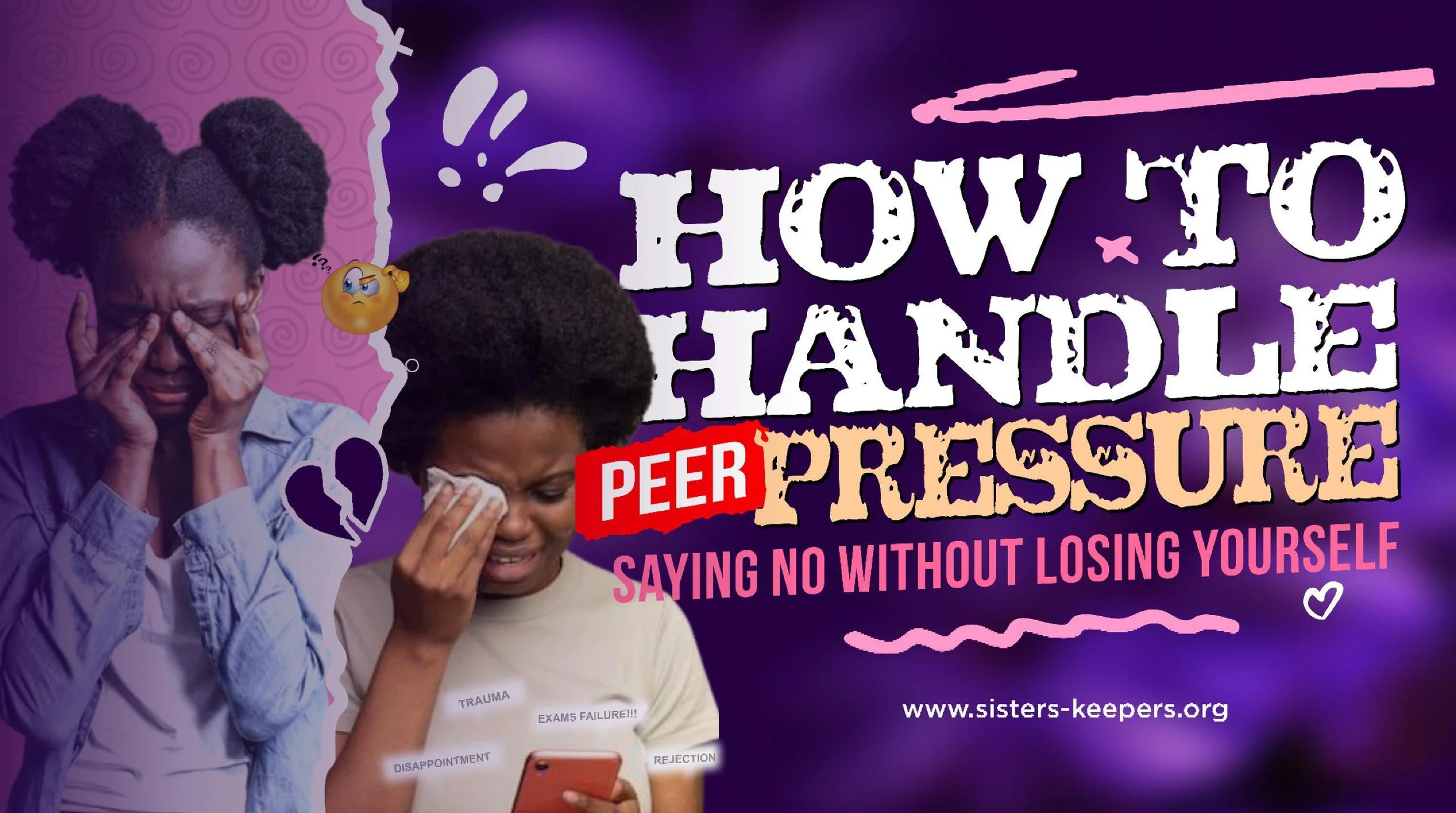How to Handle Peer Pressure: Saying No Without Losing Yourself
You know that moment when you notice your friends wearing a certain brand of shoes or styling their uniform in a particular way, and suddenly you want to do the same? Not trying to scare you but that is peer pressure in action! Your peers are your friends and classmates, and when you feel the urge to act or look like them, you may be experiencing peer pressure.
It’s totally normal to want to fit in with your friends, there isn’t exactly anything wrong with it, it only becomes a problem when you lose yourself in the process or it involves doing things that stand against your personal morals and values. Peer pressure can be both good and bad and today, we’re going to talk about how it affects you and, most importantly, how you can handle it while staying true to yourself.
How Does Peer Pressure Affect You?
Peer pressure impacts you in more ways than you might realize. On the positive side, it can motivate you to study harder when your friends are focused on academics, or encourage you to join a sports team where you discover a new passion.
But the not-so-great side? It can make you feel anxious about not fitting in, push you to spend money you don’t have on clothes or gadgets, or even pressure you into doing things that don’t align with your values – like skipping class, trying substances, or being mean to others.
The tricky part is that peer pressure doesn’t always feel obvious. Sometimes it’s subtle, like feeling left out when everyone’s talking about a party you weren’t invited to, or feeling like you need to act differently around certain groups to be accepted. And if you’re wondering how to handle it, keep reading.
Steps to Handling Peer Pressure
1. Know Your Values
Take some time to figure out what matters to you. What kind of person do you want to be? What makes you feel proud of yourself? When you’re clear on your values, it’s easier to make decisions that feel right to you without compromising what you stand for.
2. Practice Saying No
It sounds simple, but saying no can be tough! Practice different ways to decline: “That’s not really my thing,” “I’m not comfortable with that,” or simply “No thanks.” You don’t owe anyone a long explanation as to why you refuse to do something or act a certain way.
3. Find Your Tribe
Surround yourself with friends who respect your choices, share similar values and support the real you. Quality friendships are way better than popularity based on pretending to be someone you’re not.
4. Trust Your Gut
If something feels wrong, it probably is. That uncomfortable feeling in your stomach? Listen to it. Your instincts are usually spot-on.
5. Have an Exit Strategy
Always have a plan for getting out of uncomfortable situations. Whether it’s calling a parent, having a code word with friends, or simply knowing how to leave, having options gives you confidence.
Conclusion
Remember, real friends will respect your boundaries and like you for who you are, not who you pretend to be. Peer pressure will always be around, but you have the power to choose how you respond to it. Stay true to yourself, because the most confident and happy people are those who aren’t afraid to be authentic. You’ve got this!

